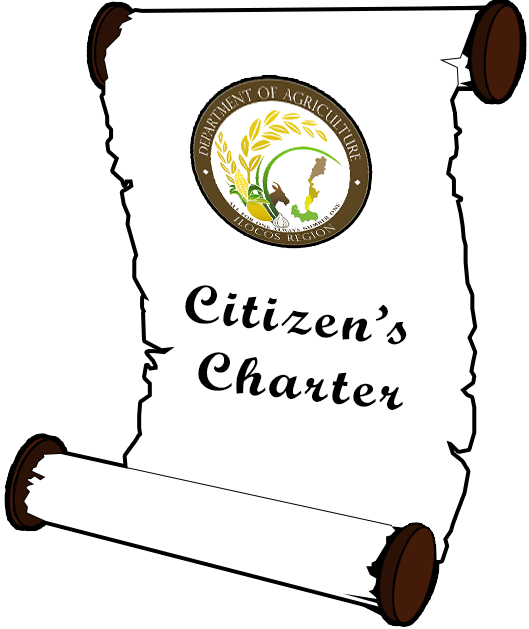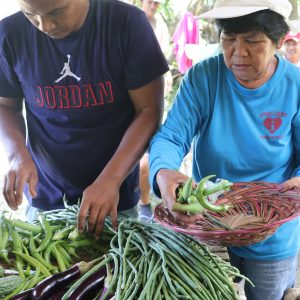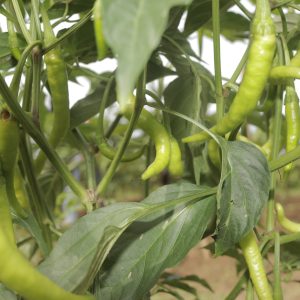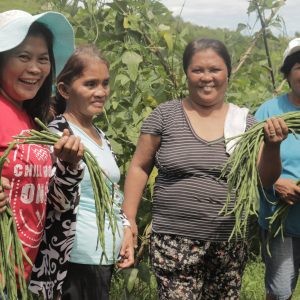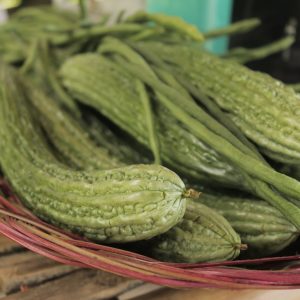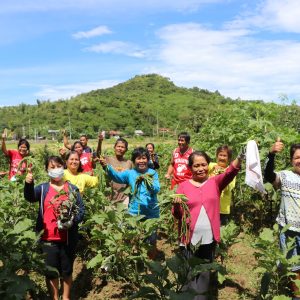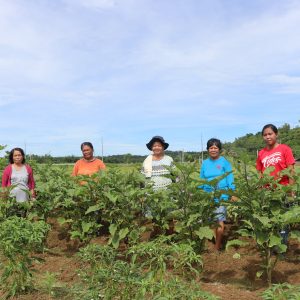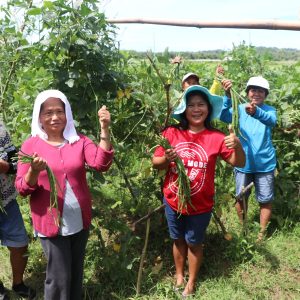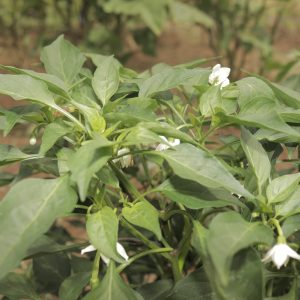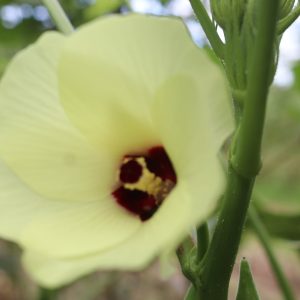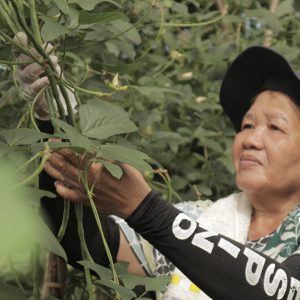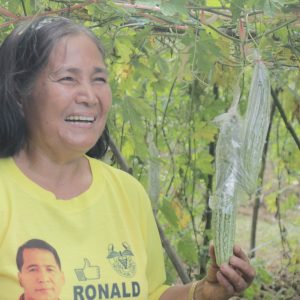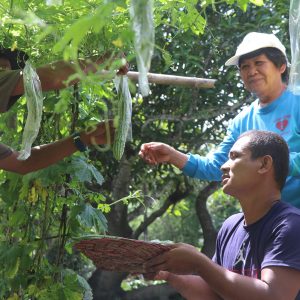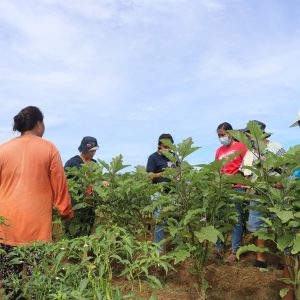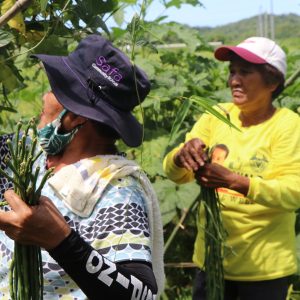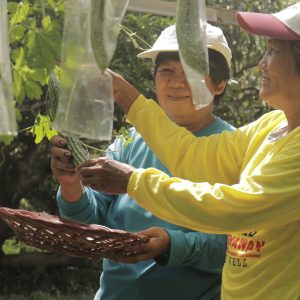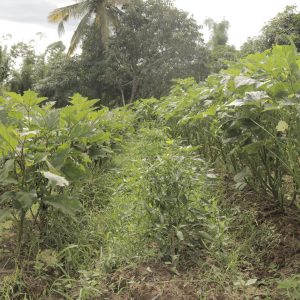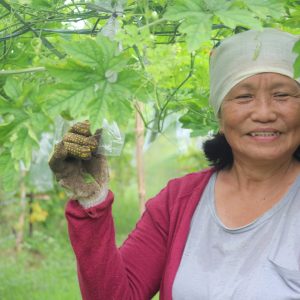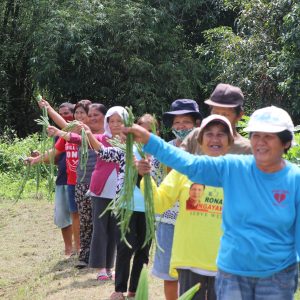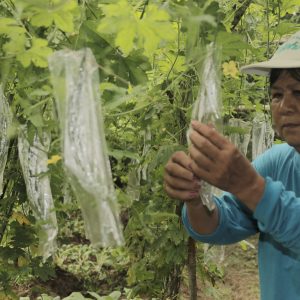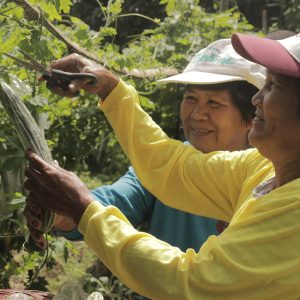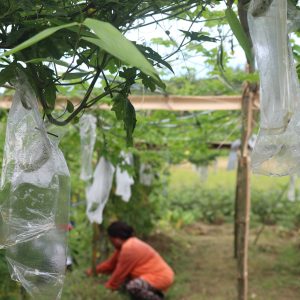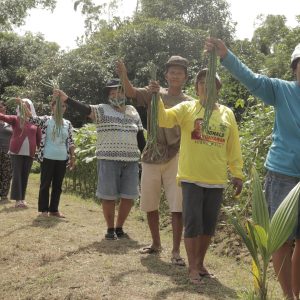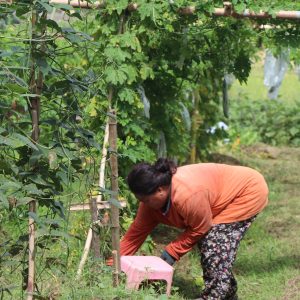Four months after handing over the vegetable seedlings to their organization, members of the Tambacan Riverside Fisherfolk and Farmers Self-Livelihood Association (TRFFSA) proudly showed-off their vegetable farm to the RAFIS-1 team as a result of the research component of the DA-RFO I’s Innovative Family Enterprise Development (IFED) project.
Established at Brgy. Tambacan in Burgos, Pangasinan, the 2,000 sq.m. vegetable garden is full of luscious, ready to harvest vegetables that commands good price when sold in the market. This is the fruits of labor of the 10 members of the TRFFSA who diligently worked hard to follow and carry out the recommended technologies of the agricultural extension workers of Burgos, Pangasinan with the assistance of technical experts from the DA-RFO I’s Pangasinan Research and Experiment Center based in Sual, Pangasinan led by its Center Chief, Dr. Mary Jane Alcedo, together with Ms. Samsoneth Agustin, project leader for IFED in said municipality.
The TRFFSA is composed of 20 members that was established three years ago in Burgos, Pangasinan. With the inception of the IFED project as among the activities of the association, aside from tilapia production, members here gladly accepted the project sometime in July when the orientation/briefing was conducted in their barangay by the DA-PREC.
The community vegetable garden area was previously unutilized. Owned by a private individual in Burgos, the association members entered into an agreement with the owner that they shall lease the area for two consecutive seasons following the one-third sharing scheme. Any amount generated by the project shall be equally divided with the farmer-member, the organization and the lot owner.
With the limited inputs provided by the project, only 10 members were identified as beneficiaries. Adopting the roll-over scheme, the other members shall also benefit in the next cycle of the project.
Aside from vegetable seedlings, also provided under the project were farm inputs such as organic fertilizer for basal during land preparation, complete fertilizer (14-14-14) and the foliar plant growth enhancer which form part the research component of the project.
Using the OPV variety of vegetables, there were seven kinds of vegetables provided which include tomato, eggplant, ampalaya, okra, pole sitao, hot pepper and pechay.
Since the establishment of the project, they were already able to have their first harvest which was easily marketed because its a good quality harvest.
Ms. Minerva Odan, the Treasurer of the association in her testimony on how the project benefitted them as recipients shared that aside from providing them additional income and a good source of fresh and naturally-grown vegetables for their own consumption, the project also provided them an avenue to learn new vegetable production technologies that they discovered to be truly effective in bringing them better quality harvest and higher productivity.
Before the project, they used to plant other crops on their usual practice of just doing the ordinary routine of planting, watering and waiting for the crops to grow and bear fruit which give them minimal harvest.
Through the project, they learned the proper way to set up trellis for their ampalaya and string beans vegetable production; cutting of lateral vines for the ampalaya one meter from the ground for better fruiting; the use of foliar growth enhancer that would make their plants grow robust and enhances flowering for higher chance of fruiting; the use of organic fertilizer combined with commercial fertilizer to enhance the growth and development of the plants, among others.
To make available the seeds needed for the next cropping season, the members also established their own vegetable seed production area which will be used for distribution to the members and other interested individuals that would make the project more sustainable.
Their engagement in the project made them more observant of how their plants grow and they are also able to share their new found knowledge of innovative vegetable production technologies to other farmers in the area.
Meanwhile, Mr. Bonifacio Bonode, the adviser of the group expressed gratitude to the DA for bringing the IFED project in their barangay as it did not only empower the farmers in the community but it also strengthened the unity among the association members bringing them closer as they engaged learning by doing in their farm activities.
Through the IFED project, the association members felt a sense of pride in being able to raise the standards of farming in their area knowing that they have become better farmers through the project.
-Rafis Ilocos Region FB Account
